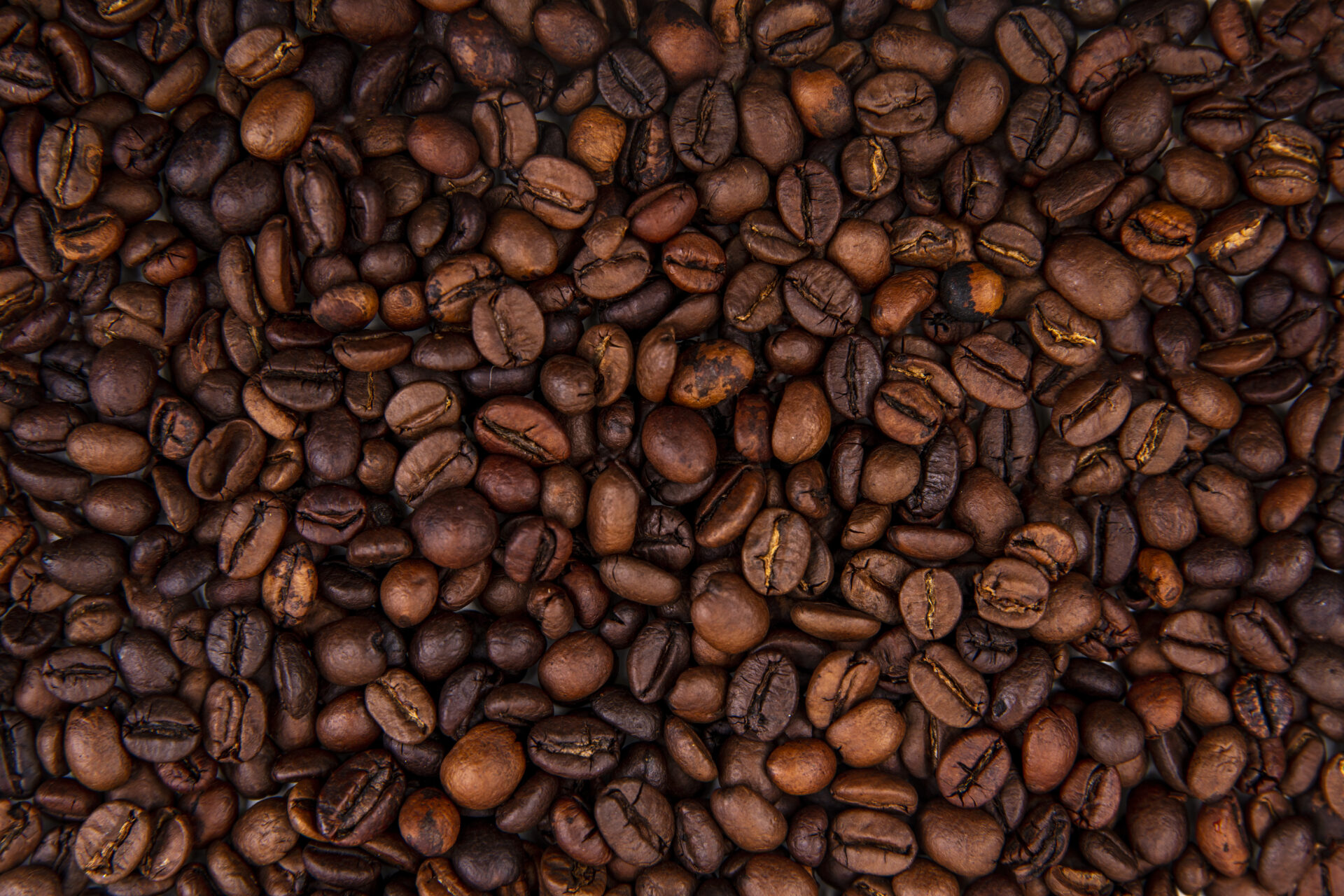
By Arabelle Sunga
No matter who you ask on campus, there is no doubt that they are familiar with the extremely long lines at the Starbucks in Dealy every day. Coffee has become an integral part of college student’s daily routine as it keeps them awake when they have jam-packed schedules. However, not many students know that the coffee they are drinking comes from Fair Trade beans – or even know what Fair Trade is at all. This blog post will cover the basics of Fair Trade coffee, its significance in the coffee industry, and how coffee beans from FT producers make it to the hands of tired college students every morning.
What is fair trade coffee? Often known as a socially responsible and ethical choice, Fair Trade Coffee is a movement within the coffee industry that prioritizes fairness, sustainability, and social responsibility throughout the entire coffee supply chain. This approach aims to ensure coffee farmers, predominantly from economically disadvantaged regions such as Honduras and Colombia, receive fair compensation for their labor and have access to better working conditions than if they worked under the free market. When you choose fair trade coffee, you are supporting a system that not only pays fair wages to coffee producers but also promotes environmentally friendly practices and sustainable farming practices. Furthermore, when you purchase fair trade coffee or any fair trade product, a portion of the premium you pay goes towards the community of the producers – your fair trade purchase may have contributed to creating a new community library in a small town in Brazil! This empowers the communities, leading to an improvement in their overall well-being.
Now that the basics of Fair Trade Coffee have been covered. This blog post will delve into the fair trade commitment of a big brand you see everywhere – Starbucks. Starbucks, a
globally recognized coffee chain and a prominent presence on many college campuses, including Fordham, has been at the forefront of promoting ethical and sustainable coffee consumption. Through its ongoing commitment to ethical sourcing, Starbucks actively engages in fair trade practices. By sourcing a significant portion of its coffee beans from Fair Trade-certified sources, the company ensures that coffee farmers receive better compensation for their labor and have access to quality working conditions. This means that students who frequent Starbucks for their coffee fix, in many cases, consume Fair Trade products. With every cup of coffee purchased, students like you and me become integral contributors to the Fair Trade movement. Our choices at Starbucks support a system that empowers coffee-growing communities, promotes sustainable farming practices, and encourages social and environmental responsibility in the global coffee industry. By simply purchasing Fair Trade-certified products, like Starbucks coffee, a consumer enacts positive change and makes a meaningful difference, both locally and globally.
The familiar queues at Starbucks may symbolize more than just a caffeine fix for busy college students; they represent a choice for ethical and sustainable coffee consumption. Fair Trade coffee, as we’ve discovered, is a movement that prioritizes fairness, sustainability, and social responsibility in the global coffee supply chain. It ensures that coffee farmers from economically disadvantaged regions are fairly compensated and have access to better working conditions. When we opt for Fair Trade coffee, we not only enjoy a quality brew but also support environmentally friendly and sustainable farming practices. Additionally, our fair trade purchases have a far-reaching impact, contributing to initiatives like community libraries in distant small towns, ultimately improving the overall well-being of coffee-producing communities.
Starbucks, a coffee giant with a presence on many campuses, including Fordham, is leading the way in promoting ethical coffee sourcing. Their commitment to sourcing Fair
Trade-certified coffee means that students who frequent Starbucks actively participate in the Fair Trade movement, championing sustainability, fair wages, and social responsibility. Each cup of Starbucks coffee represents an opportunity to make a positive difference in the lives of coffee farmers and the global coffee industry’s sustainability. So, the next time you find yourself in line at Starbucks, remember that your coffee choice extends beyond your cup—a choice for a better world. Together, we can sip responsibly, one Fair Trade coffee at a time, and make a significant impact on the lives of those who grow our favorite brew.
